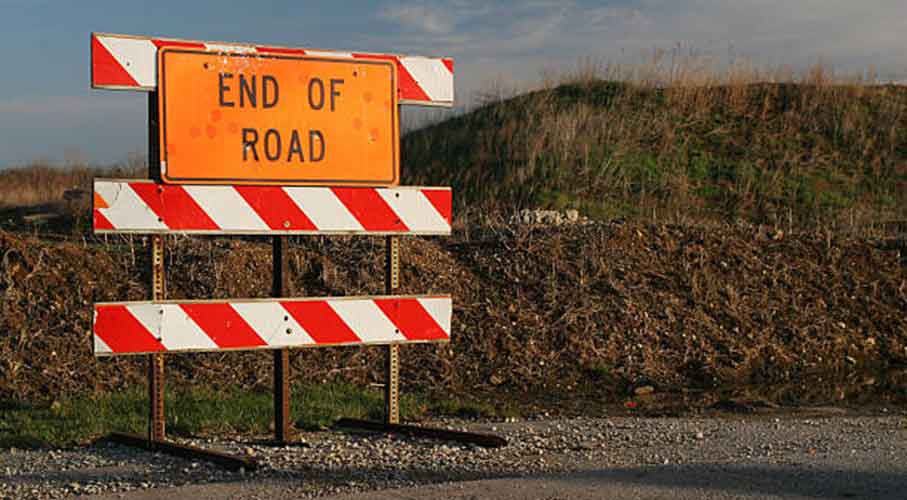On Wednesday, September 4, the Pennsylvania Gaming Control Board (PGCB) held a Category 4 satellite casino license auction as part of the state’s gambling expansion plans that were set in motion by its lawmakers back in 2017. Touted as “the auction to end all auctions”, the event was expected to draw in interested operators from all across the state – only the state’s current licensed gambling operators were allowed to bid for the mini-casino licenses.
Unfortunately, the Keystone State’s gaming control board did not receive any bids for the casino licenses.
Possible Reasons Why This Happened
To begin with, minimum bids for the mini-casino license auction were set as $7.5 million and the state’s tax on casino revenue is one of the highest in the country. While many of the gaming operators have made peace with these requirements, it goes without saying that they are still significant enough to influence key business decisions such as applying for more licenses.
Moreover, there were a number of exclusion zones that are located around the existing and proposed casino sites. These exclusion zones rendered the state’s largest metropolitan areas off-limits for the casino expansions and therefore it would make sense that the operators would see that as a huge business disadvantage
According to Joe Weinert, the executive vice-president of Spectrum Gaming Group, a consultancy that is based in Atlantic City, the casino operators probably deeply evaluated the revenue potential, the license fees and taxes beforehand – it is safe to say that such ventures wouldn’t have produced that gross operating profit return of at least 20 percent.
“You have to look at the constraints posed by the regulating jurisdictions, you have to look at what can be built in what area, what’s the tax rate, what’s the licensing fee and you have to put all those ingredients into a big pot of stew and see whether it’ll turn into a palatable product,” Weinert pointed out.
Besides, the gambling landscape in Pennsylvania is becoming extremely competitive and there is also a bit of market saturation since there are already 12 full-scale physical casinos as well as 5 mini-casino license holders. There are even truck-stop gambling options available and these may just be an indication that the in terms of physical gaming facilities, the state may have just reached its saturation point.
What Next?
According to Act 20 of 2019, the gaming control board was to conduct up to five auctions for the remaining Category 4 satellite casino licenses. This law also restricted further auctions in the event that an auction does not attract any bidders. The September 4 auction was the second failed effort by the state after its first five auctions raised a whopping $127 million in 2018. This might as well be it for the mini-casino expansion in Pennsylvania.
